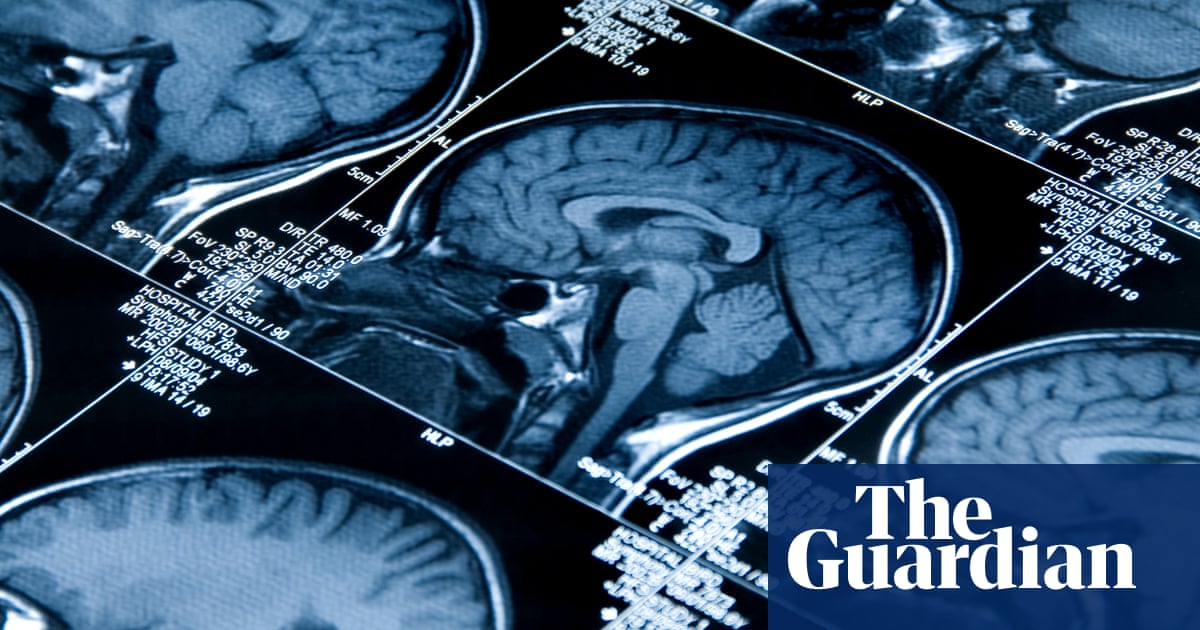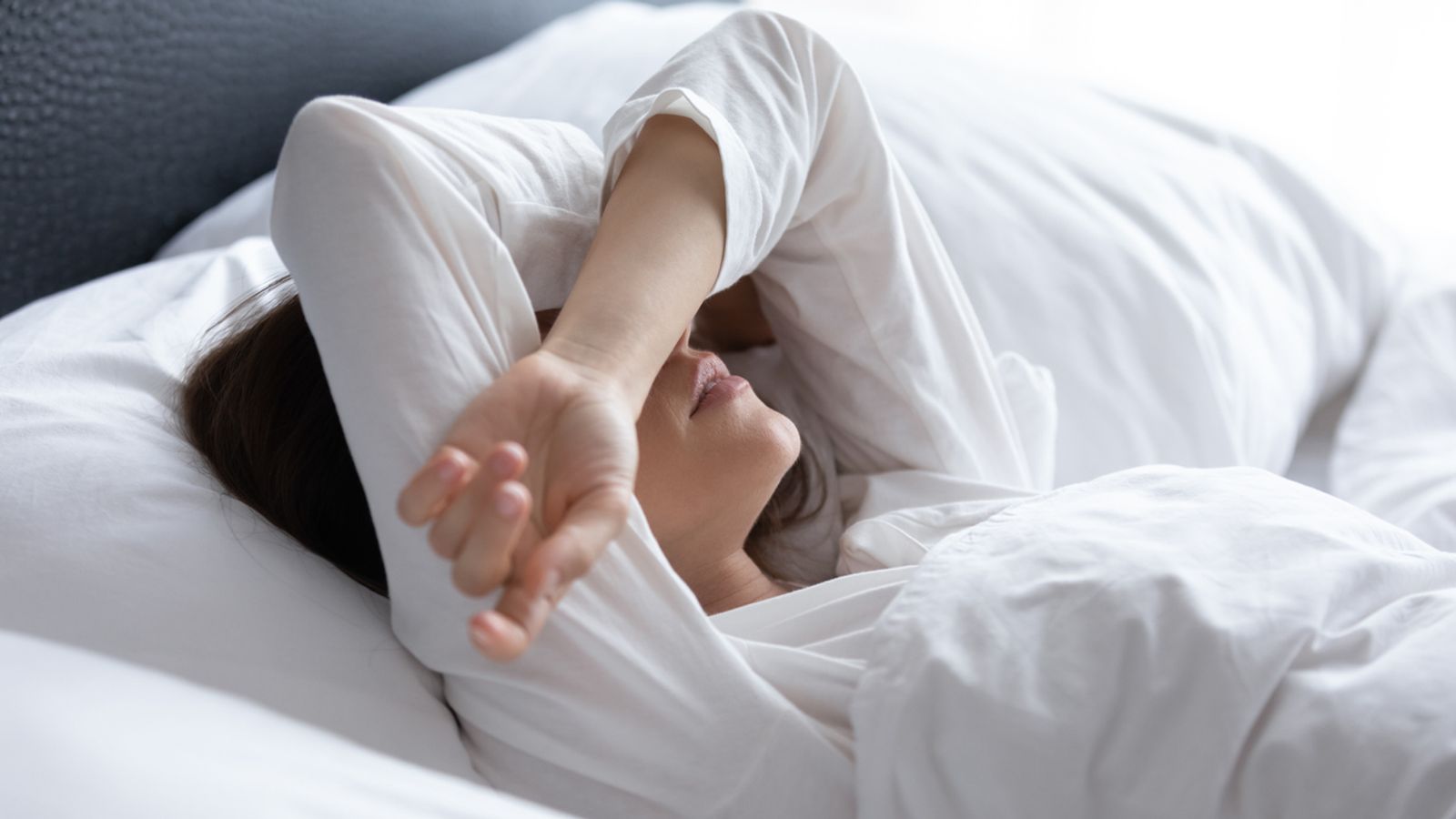Night owls, individuals who prefer to stay up late have traditionally faced criticism for their nocturnal habits. Numerous studies have linked staying up late with poor health outcomes, inadequate sleep and societal pressure to conform to early rising norms.
A recent study by Imperial College London (ICL) gives a new perspective revealing that night owls exhibit better brain function compared to their early-rising counterparts.

Also Read: Hippopotamus Can Fly, A Study Unveils that it Can Become Airborne
Participants who identified as night owls outperformed their morning lark counterparts on cognitive tests. This trend was consistent across several test groups.
Those who showed a mild preference for either day or night activities were classified as intermediates, also performed better than morning larks but slightly less so than night owls.
In comparisons night owls scored 13.5% and 7.5% higher than morning larks. Intermediates outperformed morning types by 10.6% and 6.3% in different test groups.
Younger participants and those without chronic conditions like heart disease or diabetes had higher cognitive test scores.
Optimal cognitive function was linked to getting seven to nine hours of sleep per night. Both insufficient and excessive sleep (less than seven or more than nine hours) were detrimental to brain health.
Participants reporting symptoms of insomnia did not show lower cognitive scores compared to others.
Night owls scored approximately 13.5% higher in one test group and 7.5% higher in another compared to early risers.
Intermediate types those who don’t strongly identify as either night owls or morning people scored 10.6% and 6.3% higher than early risers.
Results were adjusted for health and lifestyle factors such as chronic disease, smoking and alcohol intake. Night owls still outperformed morning people after these adjustments.
Optimal brain function was linked to seven to nine hours of sleep per night. Sleeping fewer than seven or more than nine hours was associated with poorer brain function.
Insomnia did not affect cognitive performance within the study cohort suggesting that the severity and duration of insomnia needs investigation.
Chronotype, the natural preference for activities at certain times of the day plays a crucial role in cognitive performance.
Night owls consistently showed better cognitive function compared to morning people. The study addresses that chronotypes are not personal preferences but biologically driven patterns.
The Watchman Theory suggests that night-owl behavior may have evolutionary roots linked to attention-deficit/hyperactivity disorder (ADHD).
ADHD sufferers, who often report sleep problems may have inherited genes that made their ancestors excellent night-time watchers in hunter-gatherer societies.
The 9-to-5 work schedule and early school start times favor early risers, disadvantaging night owls. There is a need to consider flexible schedules that accommodate different chronotypes to optimize productivity and cognitive performance.
Also Read: HD 189733 b: James Webb Space Telescope Reveals Exoplanet that Smells Like Rotten Eggs
Interventions like strobe-light therapy have been explored to help night owls get better-quality sleep and improve daytime function.
Policy interventions could focus on promoting sleep hygiene and flexible schedules to enhance cognitive health across the population.
Recommendations for Night Owls
Aim for seven to nine hours of sleep per night. Maintain a consistent sleep schedule even on weekends. Create a sleep-friendly environment by minimizing light and noise.
Engage in regular physical activity to improve sleep quality. Avoid caffeine and heavy meals close to bedtime. Limit screen time before bed to reduce exposure to blue light.
If possible, schedule demanding tasks for later in the day when cognitive function peaks. Advocate for flexible work or study schedules that align with your chronotype.
While shifting sleep habits is possible by gradually adjusting bedtime increasing evening light exposure and maintaining a consistent sleep schedule, completely changing from a morning to an evening person is complex and may not be feasible for everyone.
Researchers suggest that policy interventions could help improve sleep patterns in the general population ultimately boosting cognitive function and overall brain health.
Regardless of whether one is a night owl or a morning lark aiming for seven to nine hours of sleep per night is crucial for maintaining optimal brain health and cognitive function.
Managing sleep patterns by aligning them with one’s natural chronotype can enhance cognitive performance. This includes establishing a consistent sleep schedule and creating a sleep-friendly environment.
Understanding one’s chronotype can help individuals tailor their daily routines to match their peak cognitive periods, improving productivity and mental sharpness.
Also Read: Polar Rain Aurora Observed from Earth for the First Time





